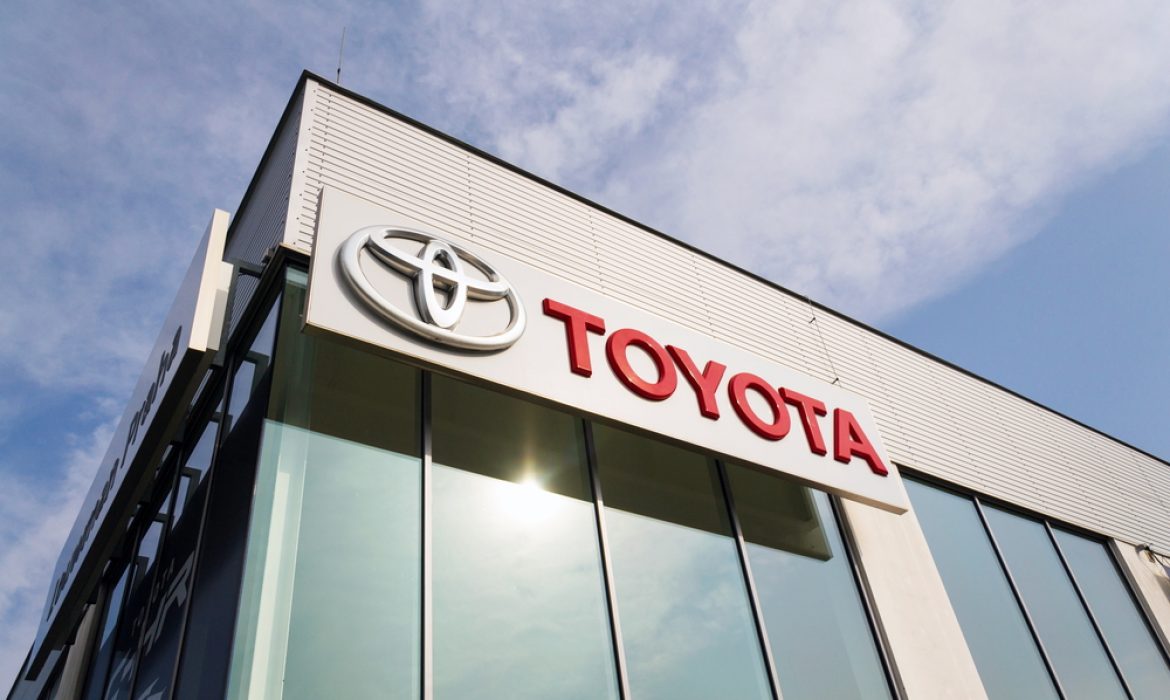In the ever-evolving landscape of electric vehicles (EVs), Toyota has made a groundbreaking announcement that could reshape the industry as we know it. The Japanese automotive giant has unveiled its plans to introduce electric cars equipped with solid-state batteries boasting an astounding range of up to 1,200 kilometers and an astonishingly rapid charging time of just 10 minutes.
This revelation comes as a culmination of Toyota’s relentless pursuit of innovation in the world of EVs. The company is set to embark on a mission to halve the size, cost, and weight of batteries used in their electric vehicles. This transformative leap is underpinned by a profound breakthrough in solid-state battery technology.
Keiji Kaita, President of Toyota’s carbon neutrality R&D center, expressed the company’s vision for this technological leap. He emphasized Toyota’s commitment to drastically alter the current status quo, where EV batteries are often criticized for being too large, heavy, and expensive. Kaita boldly declared Toyota’s intention to slash these dimensions by a remarkable fifty percent, both in size and cost.
So, how do these remarkable solid-state batteries work, and why are they generating such excitement in the EV industry?
Solid-state batteries are widely regarded as the Holy Grail of EV power sources due to their potential to overcome the inherent challenges posed by traditional lithium-ion batteries. These challenges include extended charging times, limited capacity, and safety concerns. Solid-state batteries tackle these issues head-on by replacing the liquid electrolyte found in lithium-ion batteries with a solid electrolyte. Furthermore, they utilize metallic lithium on the anode, replacing the conventional graphite. This fundamental shift in battery chemistry has the potential to revolutionize EVs.
While solid-state technology holds immense promise, its adoption has been delayed due to production complexities and high costs, pushing manufacturers to focus on improving conventional lithium-ion batteries. However, Toyota’s recent announcement signals a paradigm shift. The company claims to have addressed the durability issues that have plagued solid-state batteries for years and discovered a breakthrough materials solution.
Initially, Toyota had intended to introduce hybrid vehicles equipped with solid-state batteries by 2025. However, recent breakthroughs have given the company the confidence to fast-track mass production of these batteries for all-electric vehicles by 2027 or 2028.
This technological leap forward means that Toyota’s solid-state batteries could potentially provide EVs with a staggering range of 1,200 kilometers, virtually eliminating the range anxiety that has deterred some from transitioning to electric cars. Furthermore, the 10-minute charging time is a game-changer, making EVs even more convenient and accessible.
Moreover, Toyota’s streamlined manufacturing processes are expected to significantly reduce the production costs of solid-state batteries, potentially making them as affordable as or even more economical than liquid-based lithium-ion batteries.
Toyota’s bold move into solid-state battery technology has the potential to reshape the EV market, making electric vehicles more practical, affordable, and appealing to a broader audience. It’s a testament to the power of innovation and a glimpse into a future where EVs dominate our roads, offering cleaner and more efficient transportation for all.


